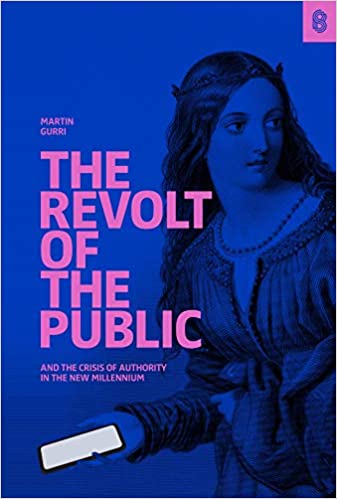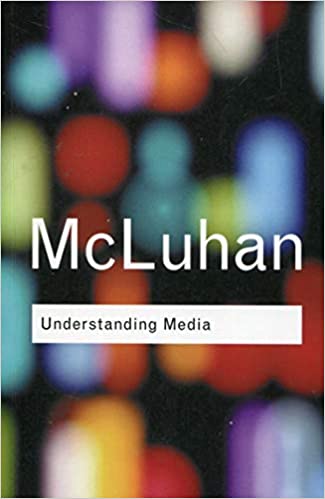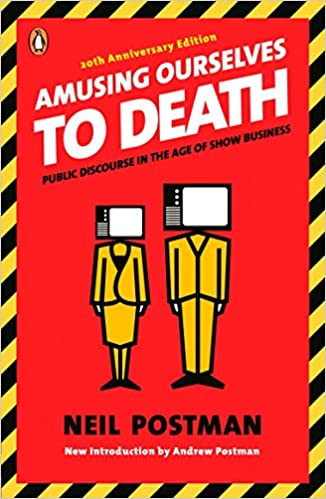I’ve read books in English, French, and Arabic. Both fiction and non-fiction.
Mostly, I’ll post here non-fiction English books. At least, the ones that I can recommend and might be relevant to most of you.
Also, I’ll skip the books that I read but don’t remember much of them. I spent a decade reading without taking notes. Please don’t do like me. It’s such a waste.
This section is only meant to spark your interest in books. So I’ll only write my impressions and three notes from the books. For more details, summaries and reviews, you can find them on Amazon or any other source.
For a faster research, you can click on any tag below to find the books of your interests.

The Revolt of The Public
and the Crisis of Authority in the New Millennium
Martin Gurri
This is an essential book to understand major events of the last two decades. Events like the Arab Spring, the election of Trump, and Brexit are all connected. Similar events are happening all around the world. They describe a new reality. The access of the public to information changed the relationship to power. You can have a glimpse of the book from my article "(Almost) Everything You Need to Know About Media".
Three notes from the book:
1- The docile mass audience, so easily persuaded by advertisers and politicians, had been a monopolist's fantasy which disintegrated at first contact with alternatives.
2- Information had effects. And the first effect I perceived related to the sources: as the amount of information available to the public increased, the authoritativeness of any source decreased.
3- The [dictator] dilemma works this way. For security reasons, dictators must control and restrict communications to a minimum. To make their rule legitimate, however, they need prosperity, which can only be attained by the open exchange of information. Choose.

Understanding Media
The Extensions of Man
Marshall McLuhan
I must warn you that McLuhan has his own writing style. Some parts are difficult to read. If you want a quick intro to this book, you can read the first part of my article "(Almost) Everything You Need to Know About Media". McLuhan is famous for expressions like "global village" or "the medium is the message". He analyzed our media from the beginning of time. When you consider such a large historical period, you can derive important insights into how much our media transformed us.
Three notes from the book:
1- Once we have surrendered our senses and nervous systems to the private manipulation of those who would try to benefit from taking a lease on our eyes and ears and nerves, we don't really have any rights left.
2- Language does for intelligence what the wheel does for the feet and the body. It enables them to move from thing to thing with greater ease and speed and ever less involvement.
3- The effects of technology do not occur at the level of opinions or concepts, but alter sense ratios or patterns of perception steadily and without any resistance.

Amusing Ourselves to Death
Public Discourse in the Age of Show Business
Neil Postman
This book inspired my article "How Does the Media Change Our Culture, Worldview, and Brain?". Even if it was written in the eighties, it's still relevant today. Neil Postman reveals the embedded biases in our technologies and how they affect our culture. You'll understand why entertainment has such a big place in our societies.
Three notes from the book:
1- Orwell feared that the truth would be concealed from us. Huxley feared the truth would be drowned in a sea of irrelevance. Orwell feared we would become a captive culture. Huxley feared we would become a trivial culture… In 1984, people are controlled by inflicting pain. In Brave New World, they are controlled by inflicting pleasure. In short, Orwell feared that what we hate will ruin us. Huxley feared that we love will ruin us.
2- A major new media changes the structure of the discourse; it does so by encouraging certain uses of the intellect, by favoring certain definitions of intelligence and wisdom, and by demanding a certain kind of content–in a phrase, by creating new forms of truth-telling.
3- People will come to adore the technologies that undo their capacities to think.



